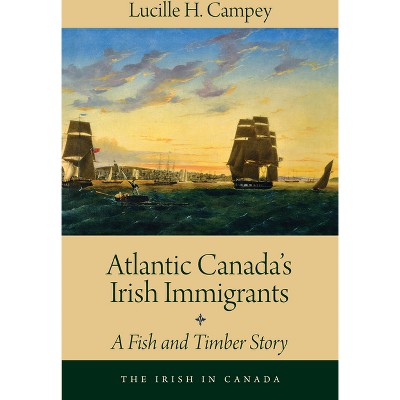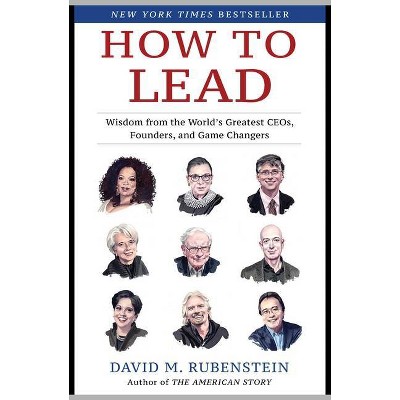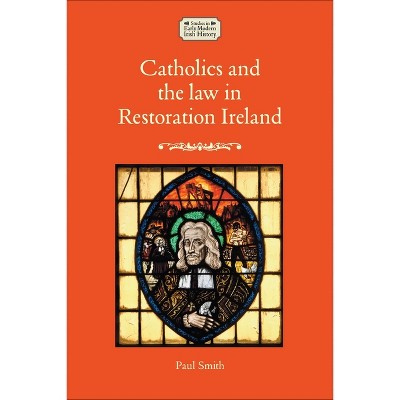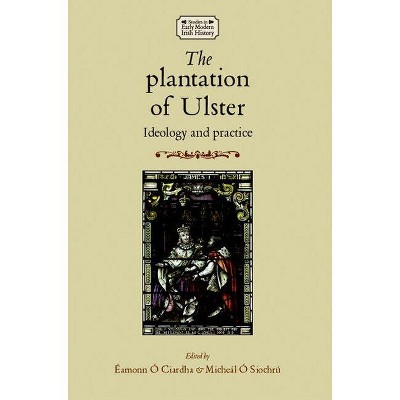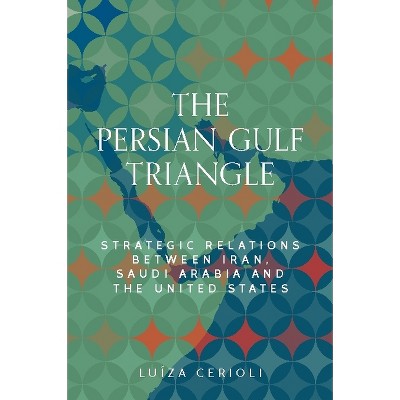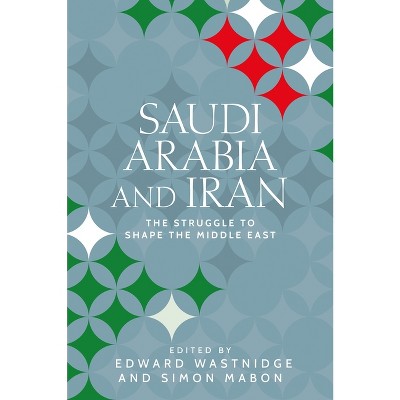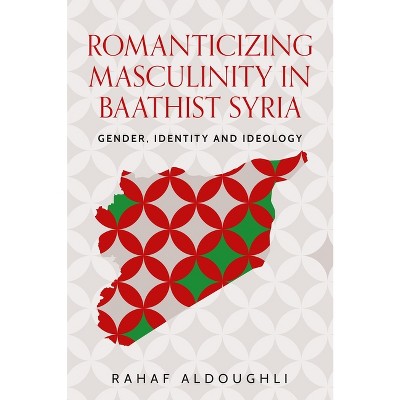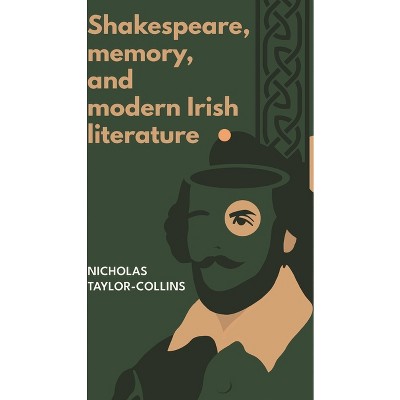Sponsored

Irish Catholic Identities - by Oliver P Rafferty (Paperback)
In Stock
Sponsored
About this item
Highlights
- What does it mean to be Irish?
- About the Author: Oliver P. Rafferty teaches church history at Heythrop College, University of London
- 400 Pages
- History, Europe
Description
About the Book
Explores the historical developments that shaped Irish identity and linked it so closely to CatholicismBook Synopsis
What does it mean to be Irish? Are the predicates Catholic and Irish so inextricably linked that it is impossible to have one and not the other? Does the process of secularisation in modern times mean that Catholicism is no longer a touchstone of what it means to be Irish? Indeed was such a paradigm ever true? These are among the fundamental issues addressed in this work, which examines whether distinct identity formation can be traced over time.
The book delineates the course of historical developments which complicated the process of identity formation in the Irish context, when by turns Irish Catholics saw themselves as battling against English hegemony or the Protestant Reformation. Without doubt the Reformation era cast a long shadow over how Irish Catholics would see themselves. But the process of identity formation was of much longer duration. Newly available in paperback, this work traces the elements which have shaped how the Catholic Irish identified themselves, and explores the political, religious and cultural dimensions of the complex picture which is Irish Catholic identity. The essays represent a systematic attempt to explore the fluidity of the components that make up Catholic identity in Ireland.From the Back Cover
What does it mean to be Irish? Are the predicates Catholic and Irish so inextricably linked that it is impossible to have one and not the other? Does the process of secularization in modern times mean that Catholicism is no longer a touchstone of what it means to be Irish? Indeed was such a paradigm ever true? These are among the fundamental issues addressed in this work which examines whether distinct identity formation can be traced over time.
The book delineates the course of historical developments which complicated the process of identity formation in the Irish context, when by turns Irish Catholics saw themselves as battling against English hegemony or the Protestant Reformation. Was Irish Catholic identity in such circumstances simply a negative construct which severed to give some semblance of cultural coherence in an Ireland that was fundamentally changing? Without doubt the Reformation era cast a long shadow over how Irish Catholics would see themselves. But the process of identity formation was of much longer duration. The twenty-two chapters of this work trace the elements which have shaped how the Catholic Irish identified themselves from the coming of Christianity to the contemporary era, and explore the political, religious, and cultural dimensions of the complex picture which is Irish Catholic identity. The individual essays, using traditional historical sources as well as contemporary literary works, together represent a systematic attempt, unique in the literature, to explore the fluidity of the components that make up Catholic identity in the Irish context. Aimed at scholars, students and general readers alike, Irish Catholic Identities brings together some of the foremost scholars in their respective fields including: Tom Bartlett, Donnchahd Ó Corráin, Owen Dudley Edwards, Raymond Gillespie, and Bernard O' Donoghue.Review Quotes
It is a volume to which someone such as myself, with a genuine fascination for the subject matter, is immediately attracted, but there is plenty between its covers for anyone even remotely interested in the interplay between religion and identity.
'The editor of this book must be commended for focusing our attention on amuch-neglected field. The collection reflects something of the state of the artin the study of Irish identity formation and has much of interest for studentsof Irish history. It is certainly a subject that requires furtherconsideration.'Henry A. Jefferies, Ulster University, Irish Economic and Social History 44 (1)
About the Author
Oliver P. Rafferty teaches church history at Heythrop College, University of LondonShipping details
Return details
Trending Non-Fiction






